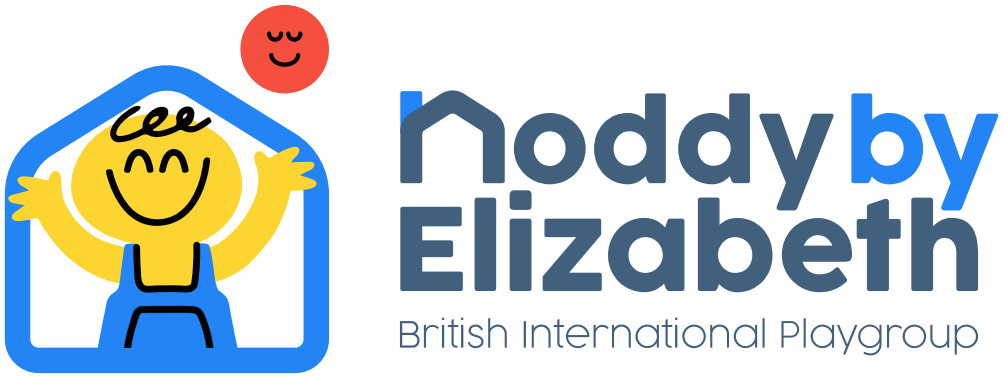
The global pandemic has had a lasting effect on both adults and children. While adults were better equipped to cope with the stress and isolation of the worldwide catastrophe, young children are far more vulnerable, with many unable to fully grasp why they couldn’t attend school to spend time with their friends. The impact on their daily schedule has gone beyond just their education. For many children, school is their primary source of social interaction, and the home learning arrangement dramatically impacted this.
According to an article by Richard Adams, ‘Younger children most affected by Covid lockdowns, new research finds’, published in The Guardian in May 2022, “Aggressive behaviour such as biting and hitting, feelings of struggling in class or being overwhelmed around large groups of children were among the difficulties reported by teachers during interviews”. The effect the pandemic has had on younger children is far more pervasive than previously thought.
Although the pandemic has been almost completely forgotten by most adults, the psychological effects continue to linger in younger children. Parents, the community, and schools must now collaborate to help children overcome learning loss after COVID. The first step is to re-introduce children to the comforting daily routine of attending school and interacting with their friends. But in the longer term, it requires us to foster a deep understanding of the unique needs of each child and provide the resources, encouragement, and support needed to help them return to their educational journey in a happy environment.
What is Learning Loss?
Learning loss refers to the decline of a child’s knowledge, skills or academic progress due to an extended break or absence from regular educational activities. When children experience learning loss, they may fall behind in their brain and social development, which may have an effect on their overall learning journey.
Identifying the Extent of Learning Loss
We must first identify which areas require intervention. By observing and communicating with your child’s teachers, you can gain valuable insight into which areas your child might need additional support. Once established, we can customise a learning plan and interactive activities that would be most effective to help your child recover his/her delayed development while stimulating executive functional skills.
Tips for Overcoming Learning Loss

As every child is different, there’s no fixed timeline or approach for overcoming learning loss. However, the following guidelines may assist your child:
Prioritising Their Mental Health and Well-being
Home learning programmes have taken a toll on the mental health of many children. It’s important to help them recover from the stress, anxiety and other emotional changes they might be experiencing. Stress-reducing activities such as physical exercise, music, creative arts or hobbies are effective as they allow children to disengage and relax mentally.
Open Communication and Emotional Expression
It is essential to create an environment where children feel comfortable expressing their feelings and discussing their thoughts. This is especially crucial for their emotional health. Be patient, encouraging, and empathetic. Allow them to share their concerns and feelings without prejudice.
Organising Structured Group Activities
Organising more structured group activities allows children to re-orientate themselves and practise their social skills. This creates an environment that will encourage them to re-establish friendships that might have been lost during the pandemic, or use the opportunity to make new friends.
Extracurricular Activities
Encouraging children to interact outside their academic classes helps foster camaraderie and build critical social connections with their peers. By allowing children to participate in sports, clubs or arts programmes, they can develop essential social skills in a more relaxed and interactive atmosphere, providing them with a sense of accomplishment and belonging.
Choose a Preschool That Supports Learning Loss Recovery
Noddy by Elizabeth has a team of well-experienced staff who care and understand the challenges children faced during the pandemic and are well-equipped to support them through their physical growth and mental development post-COVID.
Noddy by Elizabeth teaches the British curriculum for preschool, which focuses on learning through play and provides social and extracurricular activities to give your child a well-rounded education that stimulates growth beyond the classroom. Our school takes incredible care to create an inclusive, caring, and nurturing environment to help your child regain self-confidence and social skills that may have been lost during the pandemic.
Contact us today to learn how we can encourage your children to discover their learning capability and live their lives happily with more resilience than ever before!
